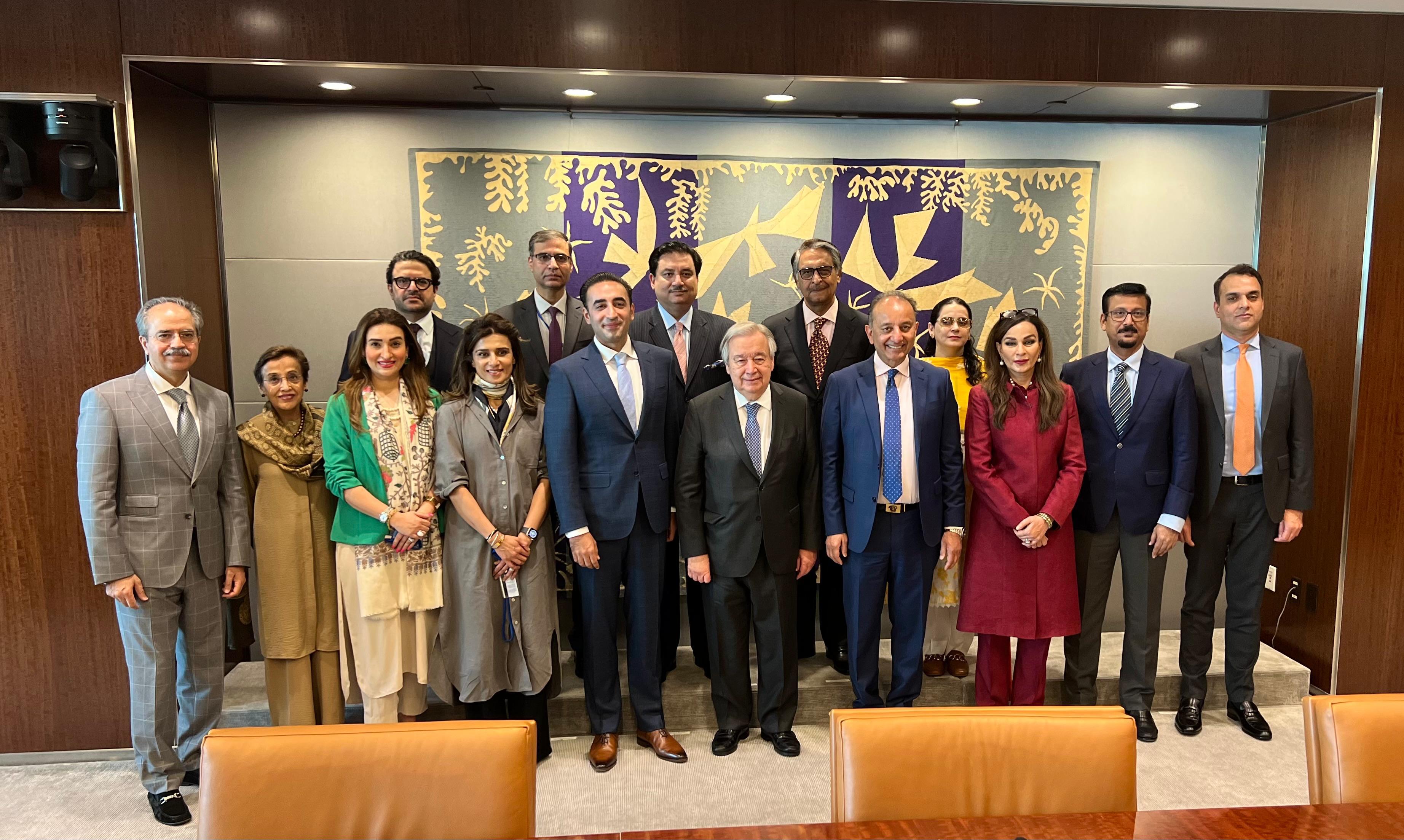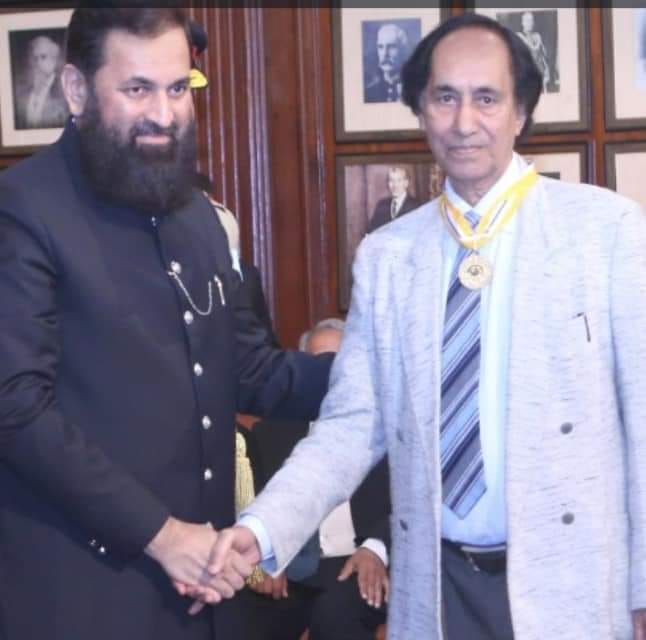Bilawal Bhutto Zardari: Defining Statesmanship at the United Nations
Editorial

As South Asia faces heightened tensions following the tragic Pahalgam attack and subsequent Indian military actions, the international community seeks voices of reason. This week in New York, Chairman of the Pakistan Peoples Party and former Foreign Minister, Bilawal Bhutto Zardari, provided precisely that, delivering a masterclass in principled and effective diplomacy during crucial meetings at the United Nations.
Leading a high-level Pakistani parliamentary delegation, Bhutto Zardari undertook a meticulously coordinated diplomatic offensive, engaging directly with the three most pivotal figures at the UN: Secretary-General António Guterres, Security Council President Ambassador Carolyn Rodrigues-Birkett, and General Assembly President Philemon Yang. In each encounter, he presented Pakistan's case with clarity, conviction, and an unwavering commitment to international law and peaceful resolution, not belligerence.
Across all three meetings, Bhutto Zardari delivered a consistent and unambiguous message. He forcefully, yet professionally, rejected India's "baseless and premature" allegations regarding Pahalgam, made without credible investigation or evidence, and meticulously detailed India's escalatory actions. These included deliberate attacks causing civilian casualties, damage to infrastructure, and the profoundly dangerous decision to arbitrarily hold the Indus Waters Treaty (IWT) in abeyance. Crucially, he juxtaposed India's unilateralism with Pakistan's "mature, responsible, and restrained conduct," reaffirming Pakistan's foundational commitment to the UN Charter, international law, and the right to self-defense, while consciously choosing the path of dialogue. This framing positions Pakistan not as an aggressor, but as the responsible party seeking stability.
Recognizing the UN's unique role, Bhutto Zardari engaged the entire UN system strategically. To Secretary-General Guterres, he urged the proactive use of "good offices" for de-escalation, IWT restoration, and facilitating comprehensive dialogue, explicitly centering the Jammu and Kashmir dispute as key to lasting peace, securing a reaffirmation of the UN's commitment. To Security Council President Rodrigues-Birkett, he compellingly argued that the Council *must* fulfill its mandate against unilateralism threatening global peace, highlighting the weaponization of water via the IWT suspension as a grave threat demanding Council attention. To General Assembly President Yang, he broadened the appeal, emphasizing the humanitarian catastrophe inherent in weaponizing water and the dangerous precedent set by disregarding treaties, linking regional stability to upholding the rules-based international order and gaining support for dialogue and Charter adherence.
Bhutto Zardari skillfully framed the crisis beyond a bilateral spat, warning of India establishing a dangerous "new normal" of impunity and force in a nuclearized region. He articulated the IWT suspension not just as a technical breach, but as an act of "water war" with devastating humanitarian consequences and global implications for treaty sanctity, elevating Pakistan's concerns to matters of urgent international importance. Significantly, his diplomacy wasn't solely about condemnation. At every step, he offered the clear path forward: immediate de-escalation, restoration of the IWT, cessation of ceasefire violations, and crucially, the initiation of a *comprehensive dialogue* centered on resolving the Jammu and Kashmir dispute according to UN resolutions.
In a region often characterized by inflammatory rhetoric, Bilawal Bhutto Zardari's conduct at the UN stands out. He demonstrated the qualities of a seasoned statesman: strategic foresight in engaging all relevant UN bodies simultaneously to maximize pressure and legitimacy; calibrated firmness in forcefully defending Pakistan's position without resorting to threats; an unwavering commitment to grounding every argument in the UN Charter and international law; and a consistent prioritization of de-escalation and dialogue as the only sustainable solutions. His efforts ensured Pakistan's grave concerns regarding Indian provocations, the critical water issue, and the core dispute of Jammu and Kashmir were heard compellingly, legally, and morally at the highest levels. At a moment of extreme peril, Bilawal Bhutto Zardari provided a powerful reminder that diplomacy, conducted with skill, principle, and commitment to peace, remains the strongest weapon. Pakistan, and the region, is well-served by such leadership. The international community must heed his calls for restraint, dialogue, and the urgent restoration of the Indus Waters Agreement before this crisis spirals further.


No comments yet.